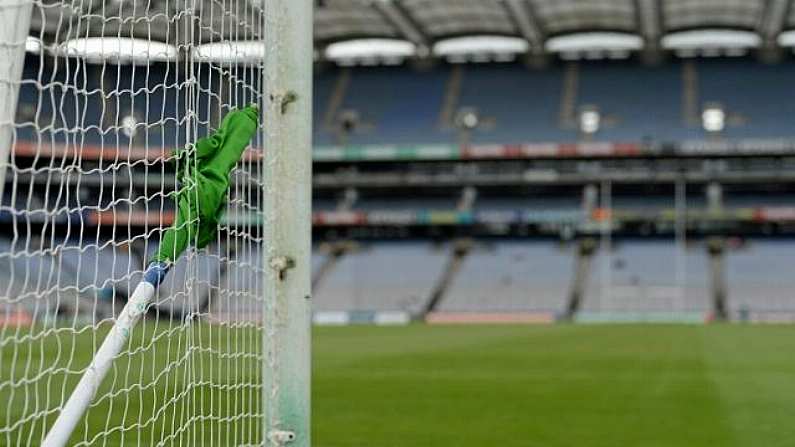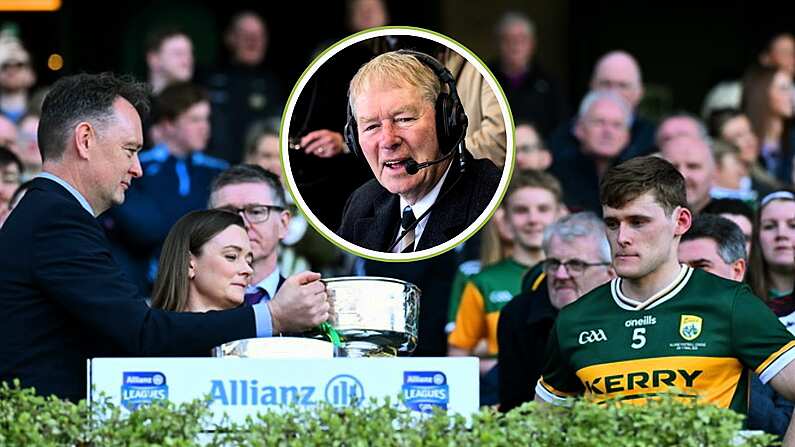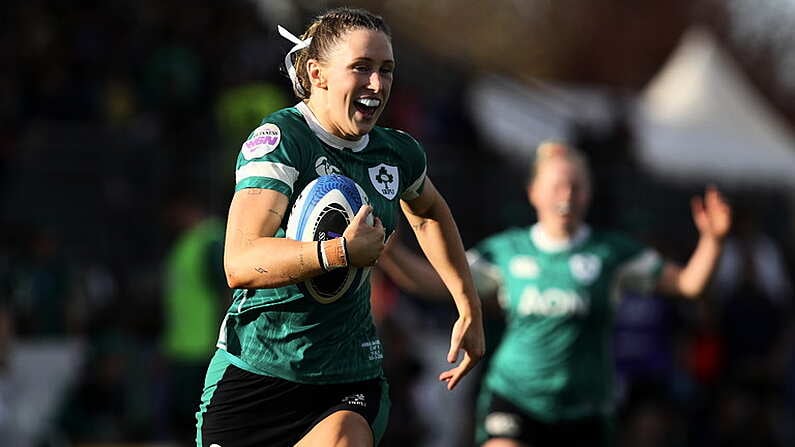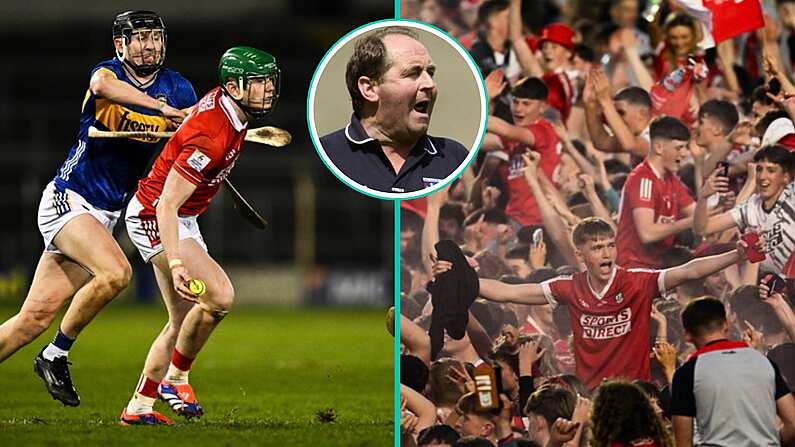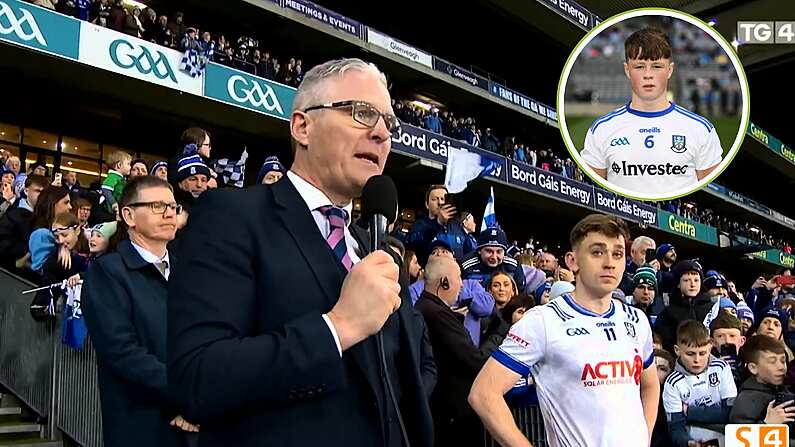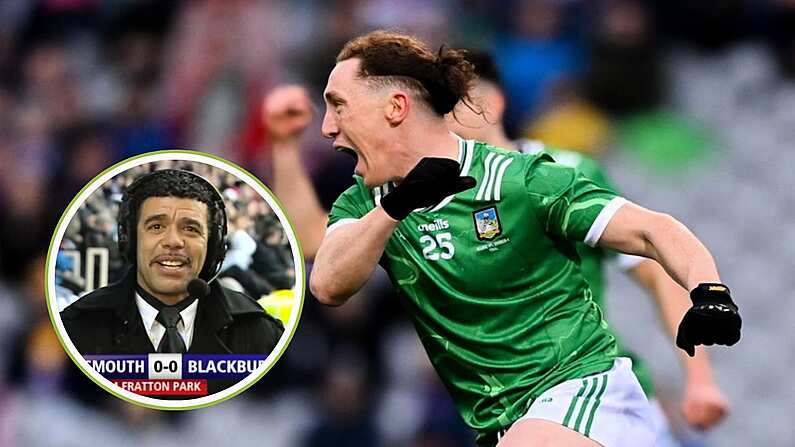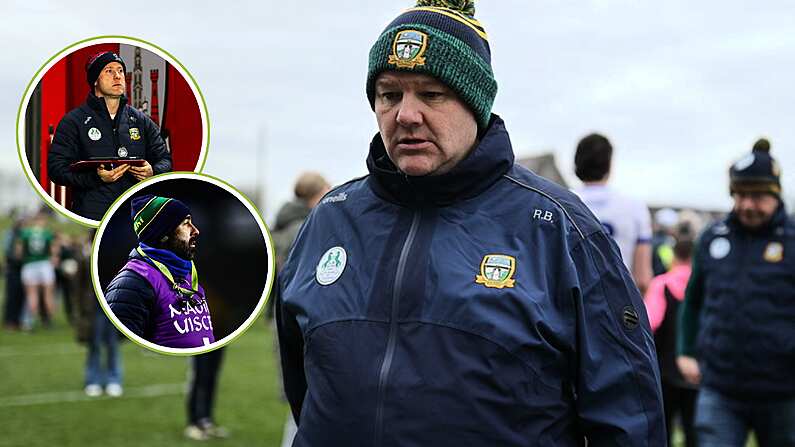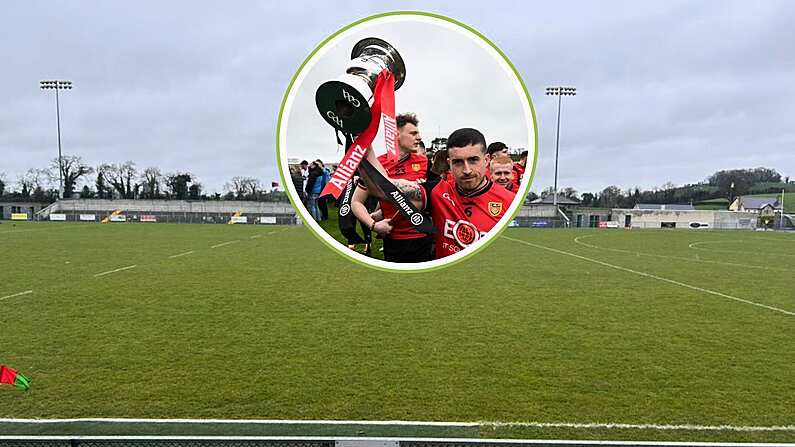On Tuesday, Tom Humphries was sentenced to two-and-a-years in prison for the grooming and sexual abuse of a girl. During the course of the trial, the court heard that Humphries exchanged more than 16,000 text messages as part of a three-month grooming process before meeting and defiling her. Humphries met the girl through his role as a volunteer GAA coach, and procured her number through a third party. Some of the messages referred to her performances as a camogie player for her club.
The nature of this case has raised concerns about the safeguards in place in the GAA relating to child protection, and the damage this case may do to the volunteerism that is intrinsic to the sport.
In light of these concerns, Balls spoke to the GAA's National Children's Officer Gearóid Ó Maoilmhichíl.
In 2008, the GAA established the National Children's Office, and appointed O'Moailmhichíl as the National Children's Officer. He had previously co-ordinated Child Welfare Services with the National Youth Policy. This began a process which has culminated in the production of an official Code of Behaviour, along with the implementation of a number of requirements that must be met by every underage coach in the country.
The official Code of Behaviour has been adopted by the GAA, the LGFA, and the Camogie Association, as have the requirements that will be discussed in a moment.
To take a couple of excerpts from the Code of Behaviour that are relevant given the nature of the Humphries case, coaches are advised to do the following to "avoid compromising their role as coach"
- Avoid taking training sessions on your own.
- Only deliver one to one coaching, if deemed necessary, within a group setting.
- Avoid unnecessary physical contact with an underage player and never engage in inappropriate touching
of a player.
Among the criteria deemed as best practice are the following:
- Be accompanied by at least one other adult at coaching sessions, games and in underage team dressing
rooms. - Use mobile phones, if deemed appropriate, only via a group text or email system for communicating with
the parents/guardians of players. Any exception to this form of group texting can only be proceeded with
following permission from parents/guardians. - Do not communicate individually by text/email with underage players.
- Do not engage in communications with underage players via social network sites.
- Encourage parents/guardians to play an active role in organising and assisting various activities for your
teams and your Club. - If it is necessary to transport a child/young person in your car, ensure that they are seated in a rear seat
with seat belts securely fastened and that all drivers are adequately insured. - With the exception of their own child a coach should not transport a child alone, except in emergency or
exceptional circumstances.
Today, each underage coach in the country must be Garda vetted, he/she must have completed a three-hour Child Protection course (recognised by both Sport Ireland and Tusla), and he/she must have an official coaching qualification. The GAA has invested in a digital vetting service both north and south of the border (AccessNI; The Vetting Bureau) to make that process more efficient and easier to track. It is free, and the GAA process all applications and make all of the vetting decisions, taking it out of the hands of the individual club.
Further to the above, each club is required to appoint a Children's Officer, to ensure that all of these criteria are met.
Ó Maoilmhichíl says he has been "pleasantly surprised" at the results of an audit undertaken six weeks ago. Of 1,367 clubs audited, 1,360 of them have appointed a Children's Officer. The outlying seven clubs have filled the role since. This audit was primarily carried out so as to allow each club identify how many of their registered coaches had been vetted.
Ó Maoilmhichíl confirms that the revelations of the Humphries case will not lead to a change in the safeguards already in place by the GAA.
No [they won't change]. Forgive me for being blunt: The code will not change, but we [referring to all members of the GAA] will become more vigilant. Coaches may become more vigilant to one another. We will remember the training from the Child Protection Training more vividly as a result of what we have heard or read in the paper and on websites. There's nothing wrong with that, as that is what codes are about. That will be one of the most immediate outcomes.
We have a National Committee called the Child Welfare and Protection Committee that meets every month. By diary, we met last night. If at any meeting, someone sees that a requirement needs to be tightened up, it is tightened up. And everyone is informed of the changes. We will always look at what happened if something goes wrong.
Ó Maoilmhichíl admits that the "history of pedophilia shows that people who wish to infiltrate an organisation will do so, and will take whatever measures it takes, devious or otherwise, to do so" but is also confident that the training received by members of the GAA "will stand to them".
He is also confident that the hideous details of the Humphries case will not affect the volunteerism that is intrinsic to the GAA.
No. I actually don't think it will affect volunteerism anywhere. I think it will lead to greater awareness, greater vigilance, and greater implementation. If there ever is a case like this that we can turn on its head and actually show that there are good systems in place, we should. This is an opportunity to say that we have good systems in place, but as vigilant as we may be, we have to be extra vigilant.
Once upon a time, if you go back to 2009, when we brought in vetting, people said that it would kill volunteerism. I can tell you we've vetted more than 130,000 people since that, and I know of one person only who refused to be vetted.
When I asked him why, he said 'I don't recognise the Free State'. He refused to fill out the form, and I told him I had to write to his club and tell him that he was no longer going to be a coach.
The entire Code of Behaviour is available to be read online here.
For more detail on anything discussed in this article, visit the GAA's official website.

